Photo Essay: The Ghost Farms of Colorado
Colorado’s tug-of-war over water rights boils down to the haves…and the have-nots. So who wins, now that scarcity is the norm?
Photo Essay: The Ghost Farms of Colorado
Colorado’s tug-of-war over water rights boils down to the haves…and the have-nots. So who wins, now that scarcity is the norm?
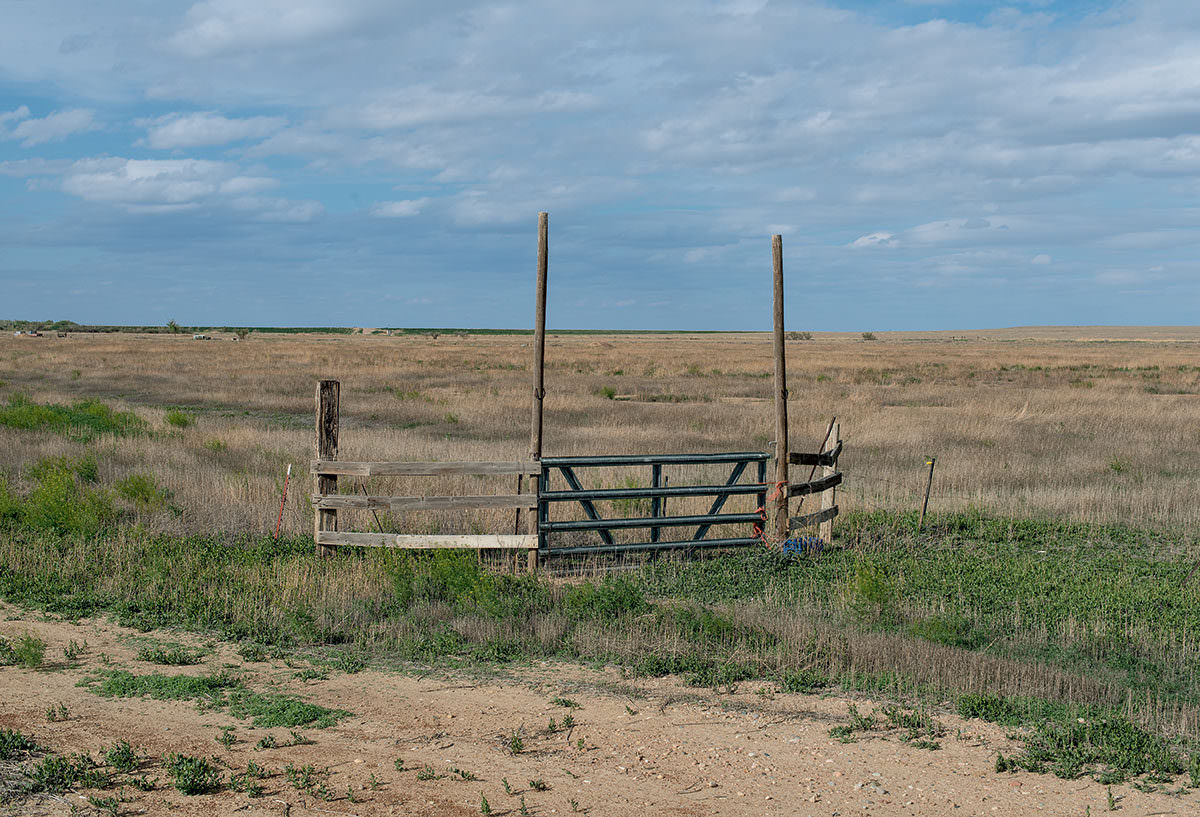
In beer commercials, Colorado beckons as the state of cool mountain streams and thunderous waterfalls, but the 1820 expedition sent to survey the high plains following the Louisiana Purchase dubbed the area the “Great Desert” – unfit for cultivation and uninhabitable for people dependent on agriculture to survive. Paradoxically, both extremes hold true. Those Coors ads depict the Rockies of western Colorado, where roughly 80 percent of the state’s precipitation falls on ski-resort towns like Steamboat Springs and Telluride. To the east lies the aforementioned “desert” and 90 percent of the population, mostly in booming Front Range cities such as Denver, Pueblo, and Colorado Springs.
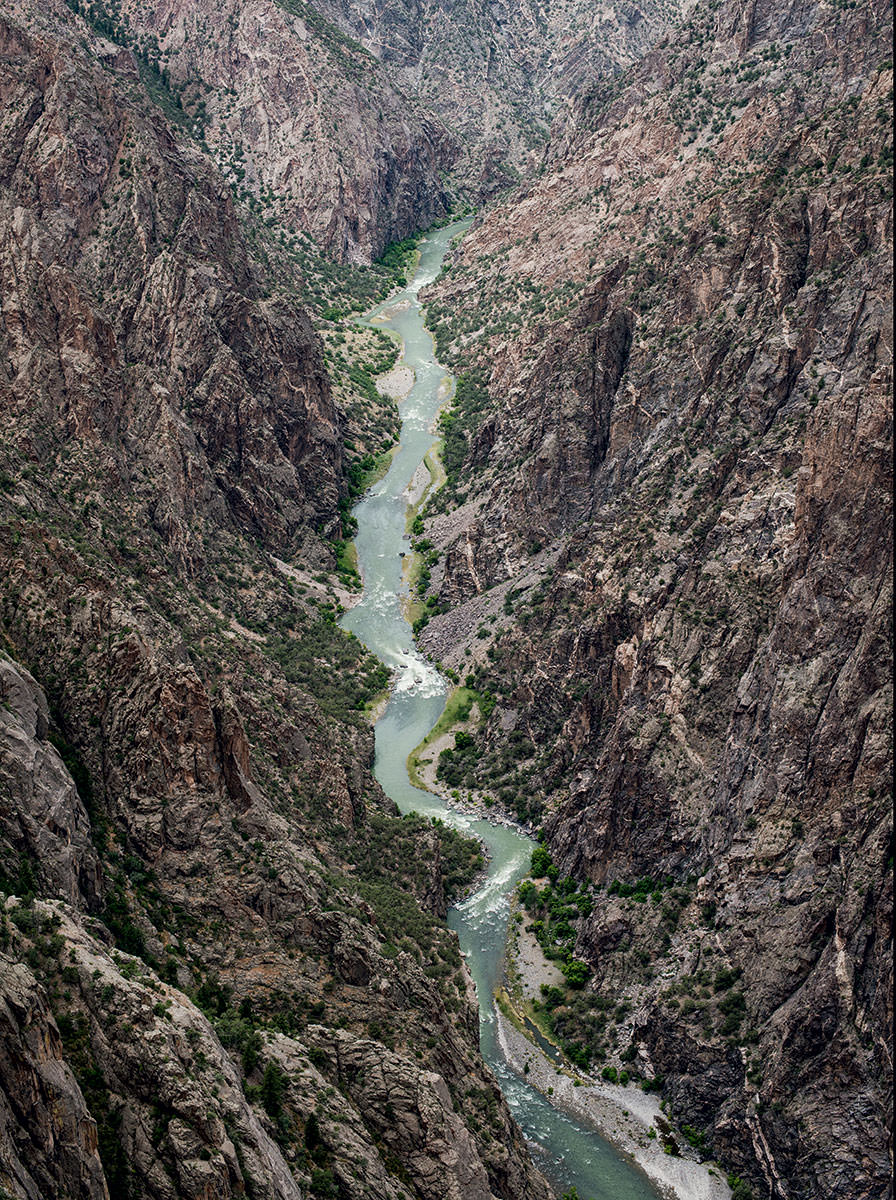
Ever since the state became a state, its government and our federal one have grappled with how to redistribute the bounty – bankrolling dams, reservoirs, and massive transmountain diversion tunnels, up to 23 miles long. In Colorado, water itself is treated like private equity. Due to the particulars of an antiquated law, the first people to put water to “beneficial use” get dibs. And because pioneers predate almost everybody else, today’s farmers and ranchers control 85 percent of the available water supply. Sustained droughts, depleted aquifers, global warming, and a rapidly growing population have made scarcity the norm. As a result, farmers find themselves sitting on a commodity worth far more than their crops or land.
During the 1960s, ’70s, and ’80s, nearly all of the farmers in Crowley County, southeast of Colorado Springs, participated in what are known as “buy and dry” deals, selling their water rights to growing municipalities and retaining the land, albeit unirrigated and unable to support crops. Once farming tapered off, production at the local cannery ground to a halt. Feedlots closed. Mills shuttered.
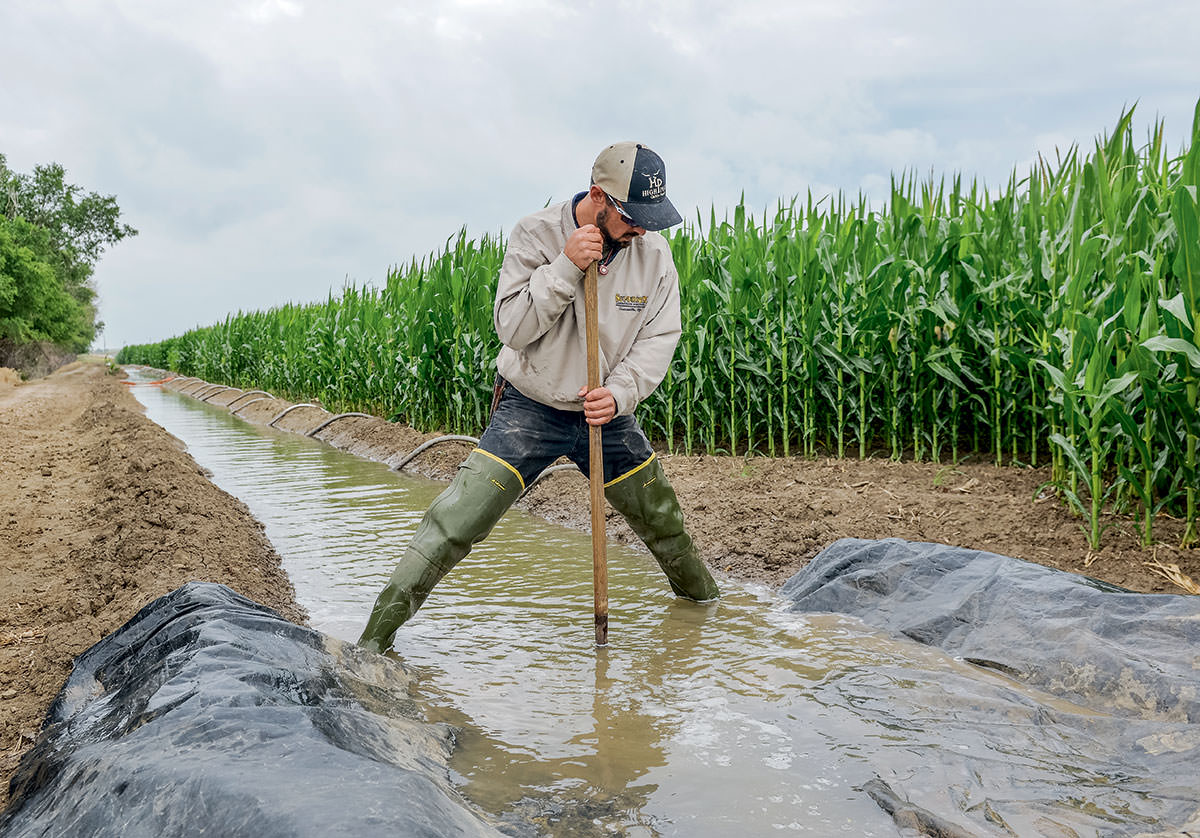
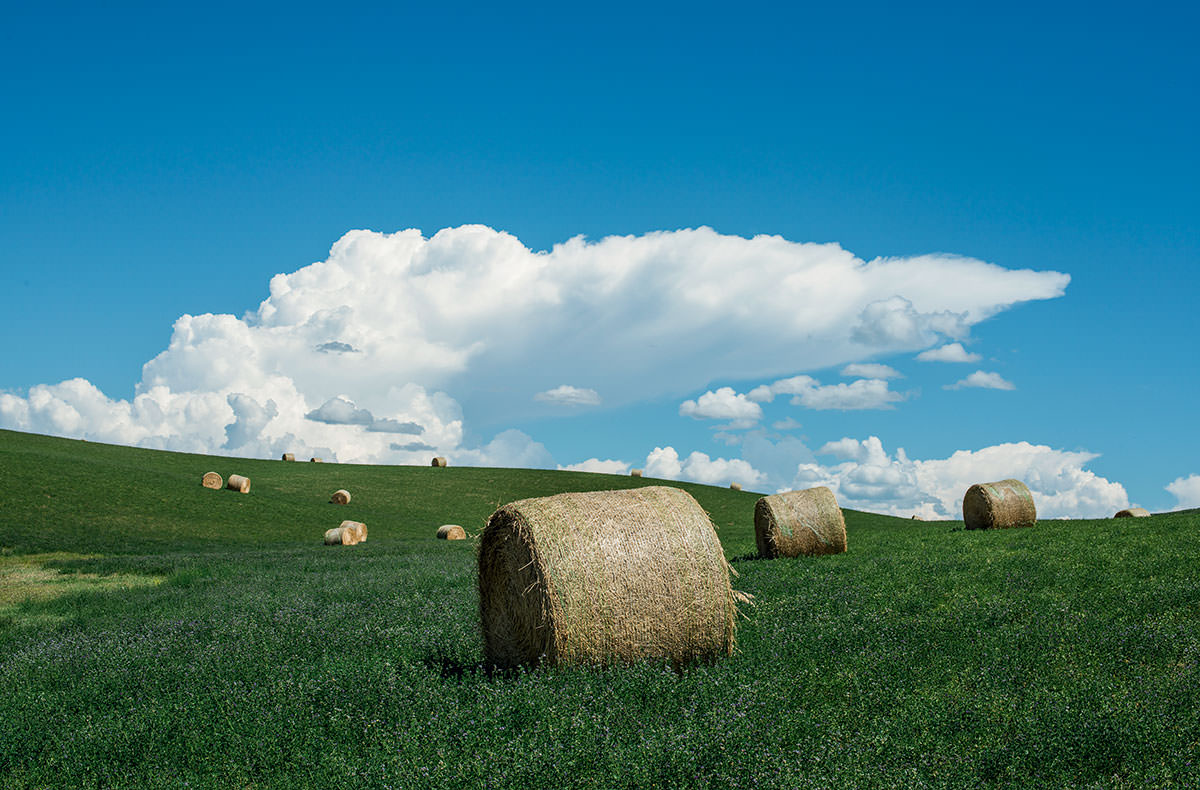
Photographer Matt Nager, who shot the images here, was deeply affected by what he saw in Crowley. “The town of Ordway, the county seat, used to have a car dealership, a movie theater, and several grocery stores,” he says. “Those are all gone. In fact, most of the downtown shops are boarded up.” The few farmers who remain must face the consequences of being left behind. Forget about beneficial runoff from nearby fields. Dust storms sweep across abandoned land, clogging active irrigation channels, and giant tumbleweeds fill up barns. “This once-thriving county shows how short-term choices can lead to bad long-term water planning,” explains Nager. “It’s a warning of what not to do.”
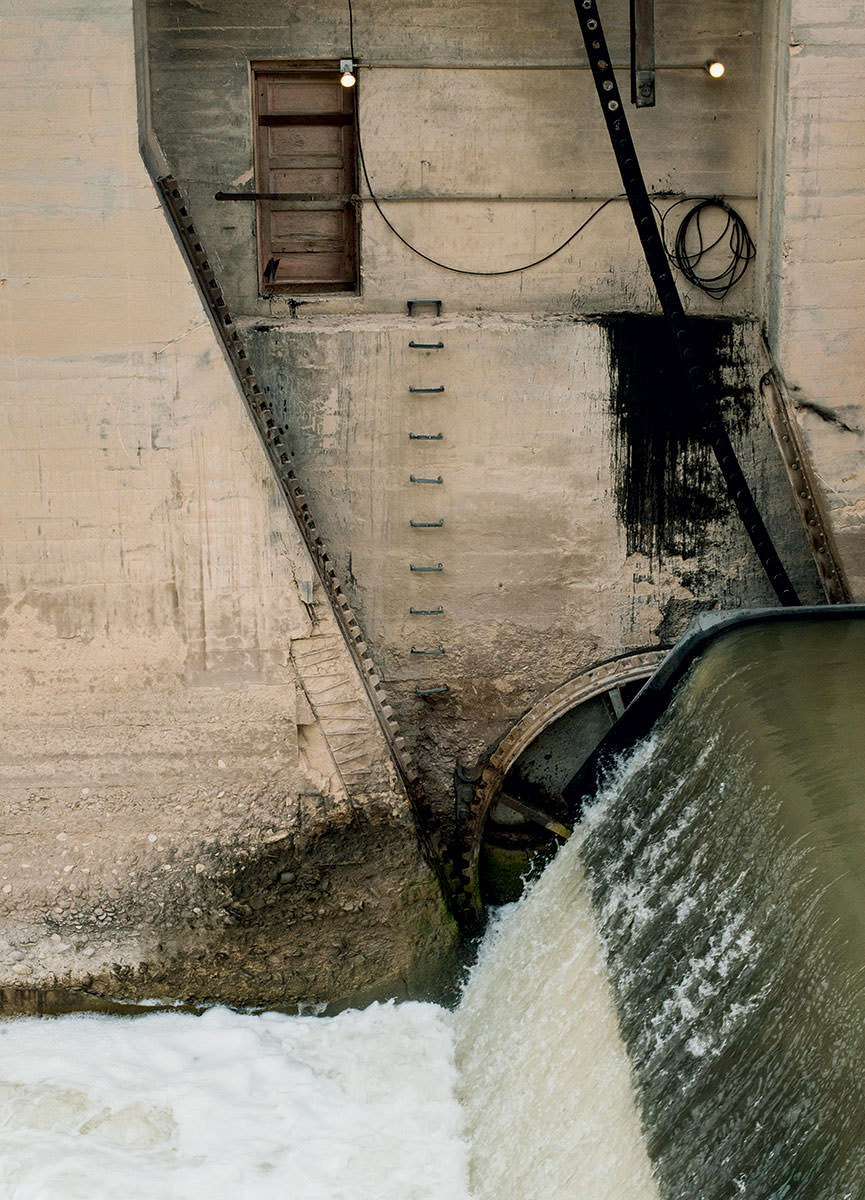
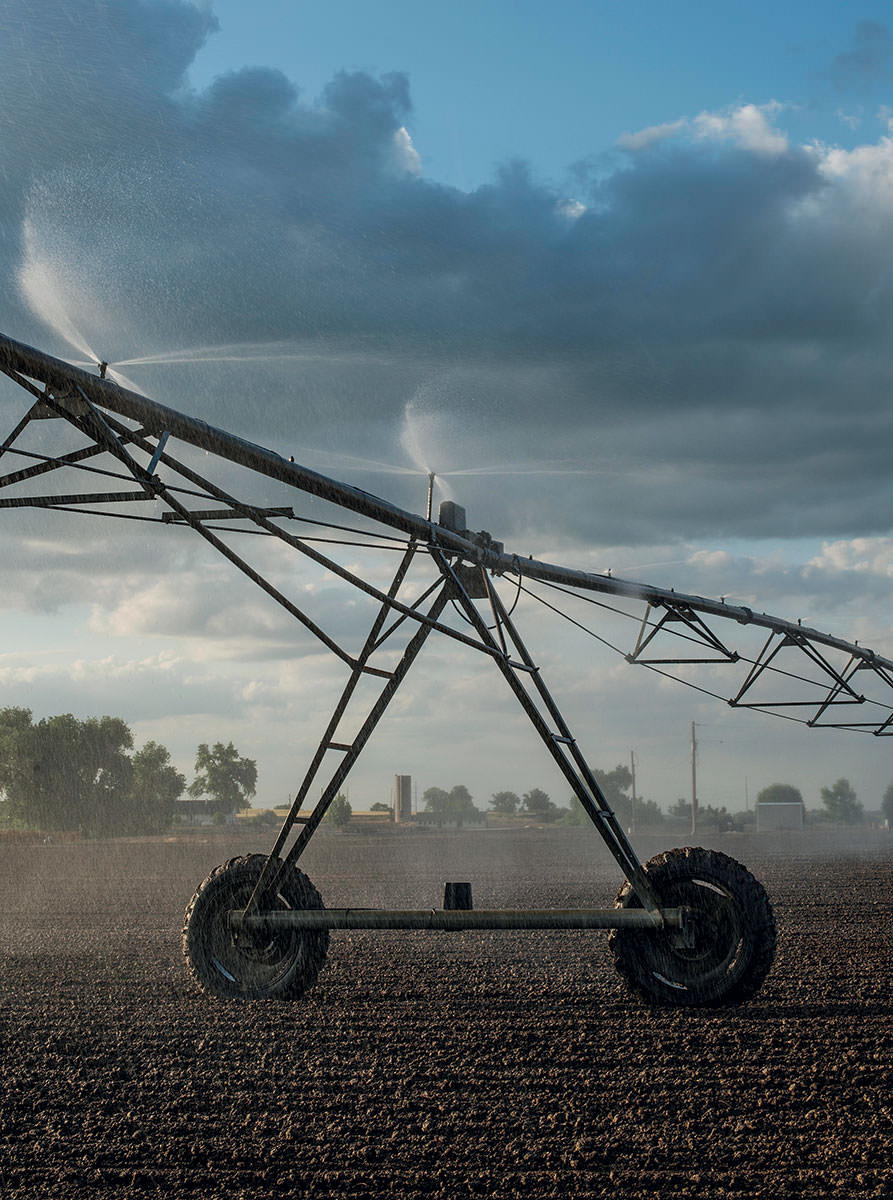
So what should Colorado do? Lawmakers have long viewed water rights as the third rail of local politics. Take a position, and you risk being deemed anti-agriculture or anti-growth. But last year, the state released its first-ever comprehensive plan for managing the crisis. The promising 540-page roadmap, championed by Governor John Hickenlooper, outlines conservation methods and brokers several new approaches. Legislation based on the bipartisan report is already beginning to take shape: In May, the governor signed House Bill 1228 into law. Officially called the Ag Protection Water Rights Transfer Mechanism, it states that, rather than selling water rights forever, farmers can lease them to municipalities for shorter periods of time. Other recommendations have yet to morph into policy, though the plan foresees a future in which cities might, for example, provide funds to help farmers transition to more drought-tolerant crops.
Pragmatic eastern farmers, accustomed to drought-related challenges, seem more eager to forge cash-generating solutions than their western counterparts. For the plan to work, both sides of the state – and the issue – must continue to compromise. Denial has long governed Colorado’s water-management strategy. But eventually, everyone has to reckon with the realities of settling in the desert.
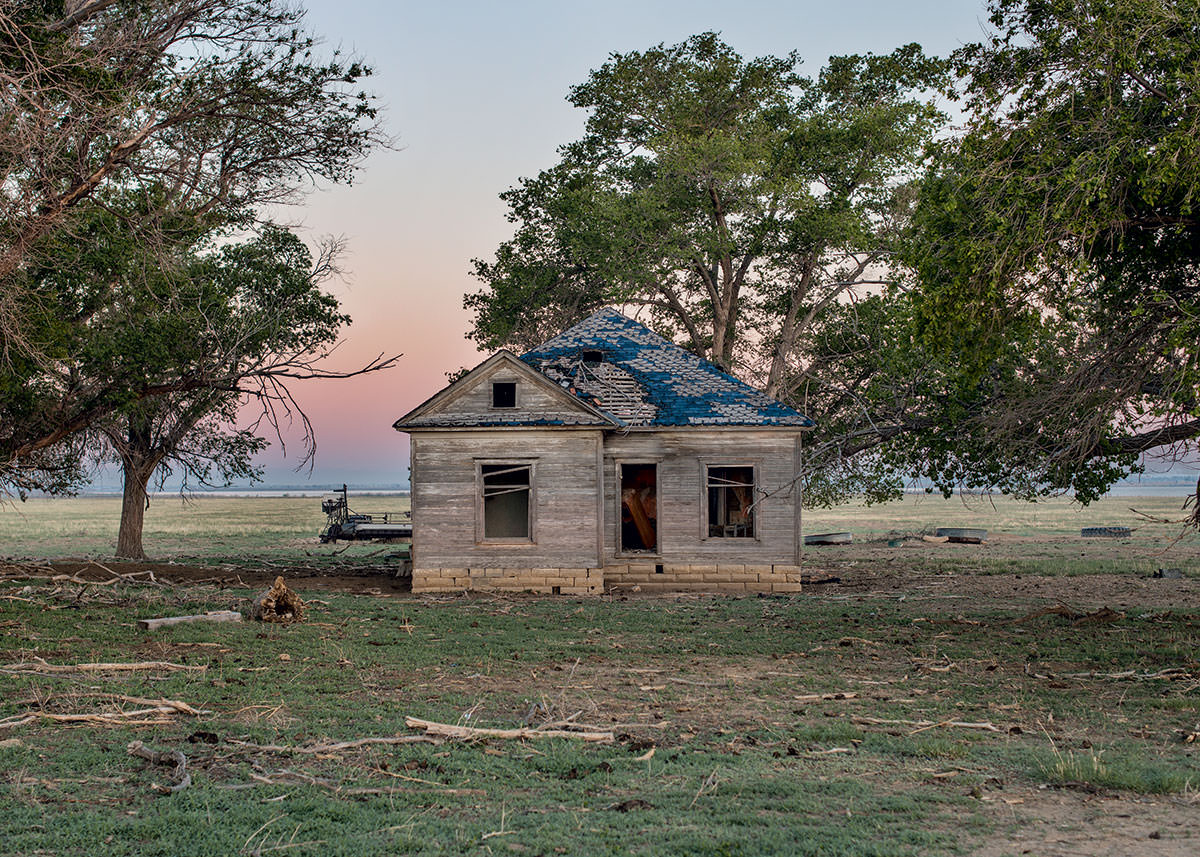
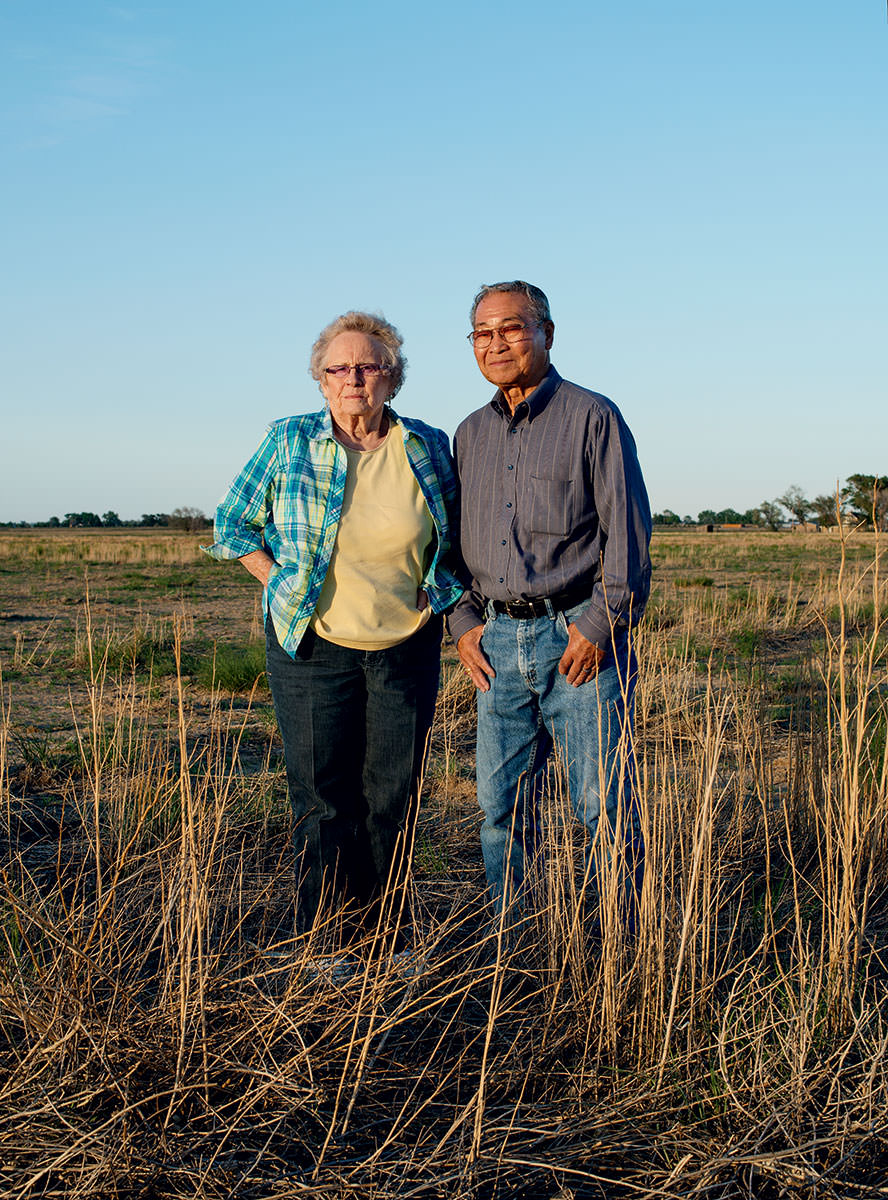
Follow us

This work is licensed under a Creative Commons Attribution-NoDerivatives 4.0 International License.
Want to republish a Modern Farmer story?
We are happy for Modern Farmer stories to be shared, and encourage you to republish our articles for your audience. When doing so, we ask that you follow these guidelines:
Please credit us and our writers
For the author byline, please use “Author Name, Modern Farmer.” At the top of our stories, if on the web, please include this text and link: “This story was originally published by Modern Farmer.”
Please make sure to include a link back to either our home page or the article URL.
At the bottom of the story, please include the following text:
“Modern Farmer is a nonprofit initiative dedicated to raising awareness and catalyzing action at the intersection of food, agriculture, and society. Read more at <link>Modern Farmer</link>.”
Use our widget
We’d like to be able to track our stories, so we ask that if you republish our content, you do so using our widget (located on the left hand side of the article). The HTML code has a built-in tracker that tells us the data and domain where the story was published, as well as view counts.
Check the image requirements
It’s your responsibility to confirm you're licensed to republish images in our articles. Some images, such as those from commercial providers, don't allow their images to be republished without permission or payment. Copyright terms are generally listed in the image caption and attribution. You are welcome to omit our images or substitute with your own. Charts and interactive graphics follow the same rules.
Don’t change too much. Or, ask us first.
Articles must be republished in their entirety. It’s okay to change references to time (“today” to “yesterday”) or location (“Iowa City, IA” to “here”). But please keep everything else the same.
If you feel strongly that a more material edit needs to be made, get in touch with us at [email protected]. We’re happy to discuss it with the original author, but we must have prior approval for changes before publication.
Special cases
Extracts. You may run the first few lines or paragraphs of the article and then say: “Read the full article at Modern Farmer” with a link back to the original article.
Quotes. You may quote authors provided you include a link back to the article URL.
Translations. These require writer approval. To inquire about translation of a Modern Farmer article, contact us at [email protected]
Signed consent / copyright release forms. These are not required, provided you are following these guidelines.
Print. Articles can be republished in print under these same rules, with the exception that you do not need to include the links.
Tag us
When sharing the story on social media, please tag us using the following: - Twitter (@ModFarm) - Facebook (@ModernFarmerMedia) - Instagram (@modfarm)
Use our content respectfully
Modern Farmer is a nonprofit and as such we share our content for free and in good faith in order to reach new audiences. Respectfully,
No selling ads against our stories. It’s okay to put our stories on pages with ads.
Don’t republish our material wholesale, or automatically; you need to select stories to be republished individually.
You have no rights to sell, license, syndicate, or otherwise represent yourself as the authorized owner of our material to any third parties. This means that you cannot actively publish or submit our work for syndication to third party platforms or apps like Apple News or Google News. We understand that publishers cannot fully control when certain third parties automatically summarize or crawl content from publishers’ own sites.
Keep in touch
We want to hear from you if you love Modern Farmer content, have a collaboration idea, or anything else to share. As a nonprofit outlet, we work in service of our community and are always open to comments, feedback, and ideas. Contact us at [email protected].by Katy McColl, Modern Farmer
September 30, 2016
Modern Farmer Weekly
Solutions Hub
Innovations, ideas and inspiration. Actionable solutions for a resilient food system.
ExploreExplore other topics
Share With Us
We want to hear from Modern Farmer readers who have thoughtful commentary, actionable solutions, or helpful ideas to share.
SubmitNecessary cookies are absolutely essential for the website to function properly. This category only includes cookies that ensures basic functionalities and security features of the website. These cookies do not store any personal information.
Any cookies that may not be particularly necessary for the website to function and are used specifically to collect user personal data via analytics, ads, other embedded contents are termed as non-necessary cookies.
great pics